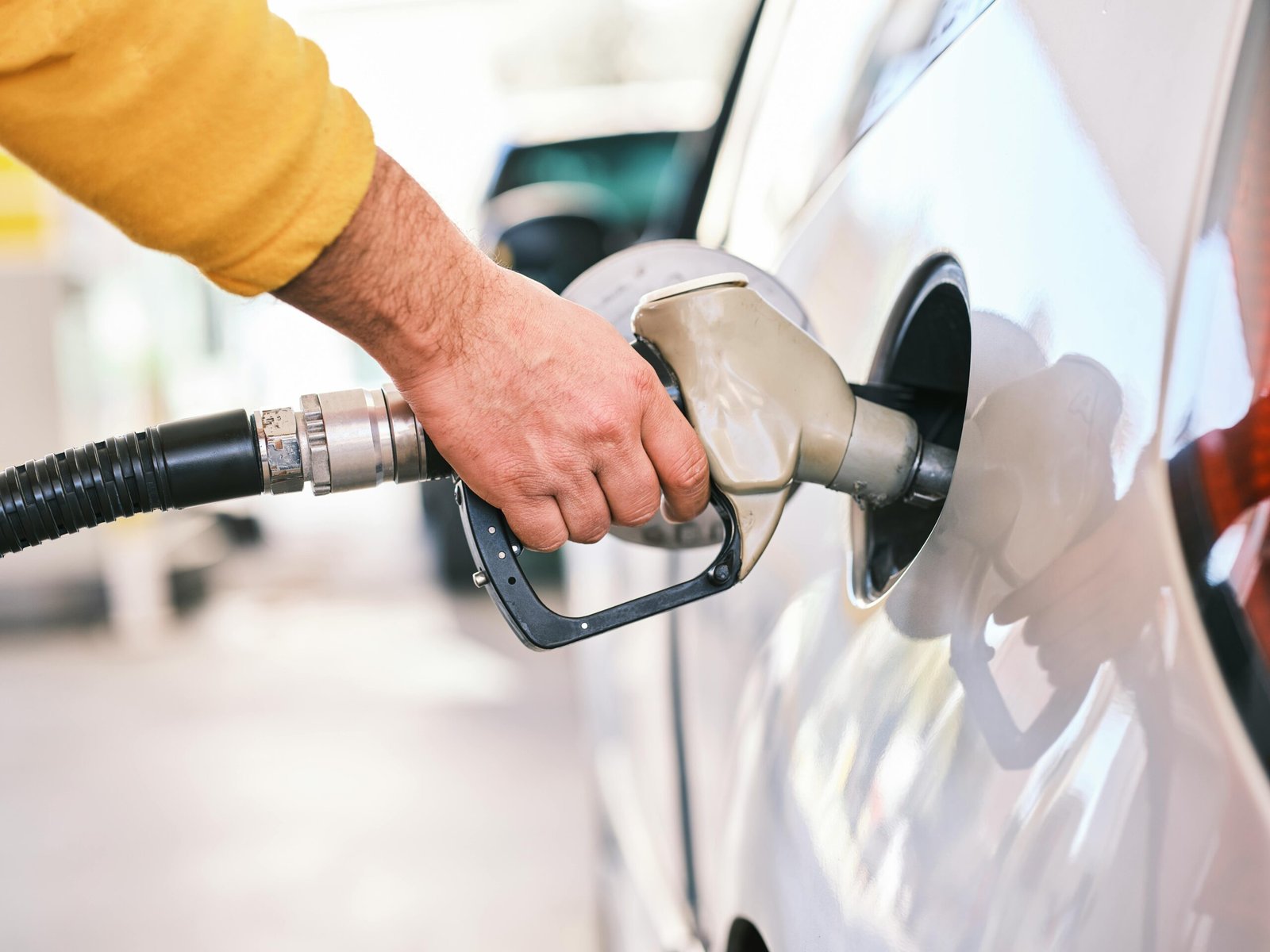Introduction to Sound Barrier Walls on Highways Polyurea
Noise pollution is a growing concern, especially in urban areas with heavy traffic. Highways often generate significant noise, disrupting the peace of nearby neighbourhoods. To combat this, sound barrier walls on highways polyurea coatings are increasingly being used. These walls are designed to absorb or deflect sound, reducing the impact of traffic noise. Polyurea, a highly durable material, plays a critical role in enhancing the performance of these barriers, ensuring they remain effective for years.
The Importance of Sound Barriers on Highways
Highways serve as vital transportation routes, but the constant movement of vehicles creates noise pollution. Prolonged exposure to high noise levels can affect human health, causing stress, sleep disturbances, and hearing problems. Sound barrier walls on highways polyurea solutions are essential for protecting nearby communities. These walls minimise sound spread, ensuring residents living close to highways enjoy a quieter environment.
How Sound Barrier Walls Work
Sound barrier walls block or absorb sound waves, preventing them from spreading into nearby areas. The structure and material of these walls play a crucial role in their efficiency. Polyurea coatings are applied to these barriers to improve sound absorption and longevity. With sound barrier walls on highways polyurea technology, the walls become more resistant to weather conditions and damage, maintaining their acoustic performance over time.
Benefits of Using Polyurea on Sound Barriers
Due to its outstanding properties, Polyurea is a popular choice for sound barrier walls. It is a highly elastic, waterproof, and durable coating that can withstand extreme temperatures. When applied to sound barrier walls on highways polyurea strengthens the walls, preventing cracks and damage caused by harsh weather. Its flexibility allows it to expand and contract with temperature changes, ensuring the wall remains intact for years.
Durability of Sound Barrier Walls on Highways Polyurea
One of the biggest challenges for sound barrier walls is maintaining their effectiveness over time. Constant rain, wind, and sunlight exposure can degrade the wall material. However, sound barrier walls on highways polyurea coatings offer superior protection. Polyurea’s resistance to corrosion and wear ensures that the walls remain functional even in harsh environments. This durability reduces maintenance costs and extends the life of the barriers.
Environmental Benefits of Polyurea-Coated Sound Barriers
In addition to reducing noise pollution, sound barrier walls on highways polyurea solutions provide environmental benefits. Polyurea is an eco-friendly coating with low volatile organic compound (VOC) emissions, contributing to cleaner air. The long lifespan of these walls reduces the need for frequent replacements, minimizing waste. By using sustainable materials, highway projects can have a positive impact on both the environment and public health.
Installation Process of Polyurea-Coated Sound Barriers
Installing sound barrier walls on highways polyurea coatings requires specialized equipment and expertise. First, the wall panels are installed along the road, ensuring they are securely anchored. Then, polyurea is sprayed onto the surface using high-pressure equipment. The quick-drying nature of polyurea allows the walls to be ready for use within hours. This efficient process minimizes disruptions to traffic during installation.
Polyurea’s Weather Resistance
Highways are exposed to extreme weather conditions, from scorching heat to heavy rain and snow. Sound barrier walls on highways polyurea coatings offer exceptional weather resistance. The coating creates a protective layer that prevents water infiltration and resists UV rays, preventing the material from degrading over time. This weatherproofing ensures the walls remain effective even after years of exposure to harsh conditions.
Sound Barrier Walls and Urban Planning
Sound barrier walls are crucial in urban planning, particularly near busy highways. City planners must ensure that new developments are protected from noise pollution. Sound barrier walls on highways polyurea provide a reliable solution for reducing noise in residential areas. Their durability and acoustic performance make them essential to modern infrastructure projects.
Cost-Effectiveness of Polyurea Sound Barriers
While the initial Cost of installing sound barrier walls on highways polyurea coatings may be higher than traditional materials, the long-term benefits outweigh the expense. Polyurea-coated walls require minimal maintenance, reducing ongoing costs. Their durability ensures they last longer, eliminating the need for frequent repairs or replacements. Over time, these Cost savings make polyurea-coated sound barriers a wise investment.
Aesthetic Benefits of Sound Barriers
Beyond their functional advantages, sound barrier walls on highways polyurea coatings can enhance the visual appeal of highways. Polyurea can be applied in different colors and textures, allowing creative designs. Some sound barriers feature artistic patterns or murals, making them attractive landmarks rather than plain structures. These aesthetic features improve the overall appearance of highway infrastructure.
Sound Barriers and Community Well-Being
Reducing noise pollution through sound barrier walls on highways polyurea solutions improves the quality of life for residents living nearby. Quieter environments enhance mental health, reduce stress, and promote restful sleep. For communities near highways, these walls represent more than just infrastructure; they are a commitment to well-being and public health.
Polyurea Coatings for Noise-Sensitive Areas
Sound barrier walls are especially important in noise-sensitive areas like schools, hospitals, and residential neighborhoods. Sound barrier walls on highways polyurea coatings are designed to meet the specific needs of these environments. By effectively reducing noise, these barriers create quieter spaces that promote learning, healing, and relaxation.
Advances in Sound Barrier Technology
Technological advancements have improved sound barrier walls on highways polyurea applications. New formulations of polyurea offer enhanced sound absorption and increased durability. Innovations in installation techniques have also made it easier to apply polyurea coatings, reducing project timelines. These advances ensure that sound barriers continue to meet the evolving needs of modern infrastructure.
Polyurea vs. Traditional Coatings
Compared to traditional coatings, polyurea offers superior performance in sound barrier walls. Traditional coatings can crack, peel, or wear out over time, requiring frequent repairs. However, sound barrier walls on highways polyurea coatings remain intact even under extreme conditions. This reliability makes polyurea the preferred choice for long-lasting sound barriers.
Challenges in Maintaining Sound Barriers
Despite their durability, polyurea coatings’ sound barrier walls on highways require occasional inspections to ensure optimal performance. Debris buildup, vandalism, or extreme weather can impact the effectiveness of the barriers. Regular maintenance checks help identify issues early and keep the walls functioning as intended.
Sound Barriers and Highway Expansion Projects
As cities grow, highways are often expanded to accommodate increased traffic. Sound barrier walls on highways polyurea coatings play a vital role in these projects, ensuring noise pollution does not escalate. Existing barriers can be upgraded with polyurea coatings during expansion to improve their acoustic performance and durability.
Sound Barrier Walls and Sustainability Goals
Governments and organizations are increasingly focused on sustainability, and sound barrier walls on highways polyurea coatings align with these goals. The long lifespan and low maintenance requirements of these walls reduce environmental impact. Additionally, polyurea’s eco-friendly properties contribute to greener infrastructure development.
Innovations Driving the Future of Sound Barrier Walls on Highways Polyurea
Emerging technologies and materials will further enhance the performance of sound barrier walls on highways polyurea coatings. Researchers are exploring combining polyurea with other sound-absorbing materials to improve acoustic efficiency. Smart barriers with embedded sensors may become common, providing real-time data on noise levels and structural integrity. These innovations will ensure that sound barrier walls reduce noise and adapt to changing conditions, enhancing the safety and comfort of nearby communities.
Public Perception of Sound Barriers
Public support for sound barrier walls on highways polyurea solutions continues to grow, as more people become aware of the health risks of noise pollution. Communities appreciate the quiet environments these walls create, especially in residential and recreational areas. Polyurea-coated walls that feature creative designs and public art foster a sense of community pride, further improving public acceptance. The combination of functionality and aesthetics makes these barriers attractive to highway infrastructure.
Government Regulations and Sound Barrier Standards
Governments are key in setting regulations and standards for sound barrier walls on highways polyurea projects. Many countries have noise limits that highway authorities must comply with, and sound barriers are essential to meeting these standards. Polyurea coatings help ensure that these barriers maintain compliance by enhancing the walls’ acoustic properties. As noise regulations become stricter, the demand for polyurea-coated sound barriers will continue to rise, leading to wider adoption across the globe.
Sound Barrier Walls and Climate Resilience
With climate change contributing to more extreme weather events, infrastructure must be designed to withstand these challenges. Sound barrier walls on highways polyurea coatings offer climate resilience by protecting against corrosion, flooding, and extreme heat. Polyurea’s waterproof and UV-resistant properties ensure the walls remain functional even under harsh conditions. This resilience reduces the need for repairs after extreme weather, saving costs and ensuring uninterrupted noise reduction.
Conclusion: The Future of Sound Barrier Walls
Sound barrier walls on highways polyurea coatings represent a modern solution to the age-old problem of noise pollution. These walls provide lasting benefits to communities with their durability, weather resistance, and acoustic performance. As infrastructure projects evolve, polyurea-coated sound barriers will become even more widespread, ensuring quieter environments for future generations.











